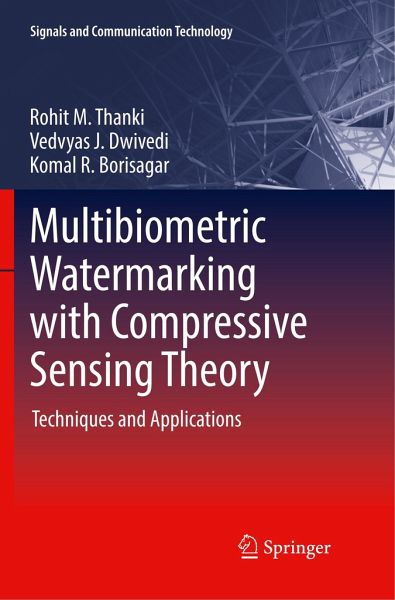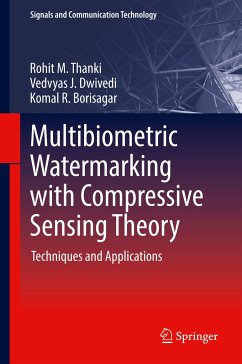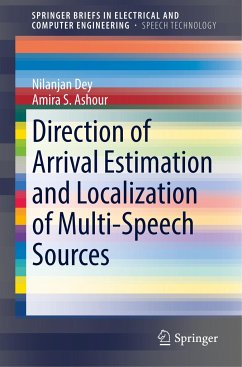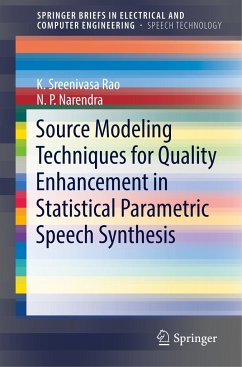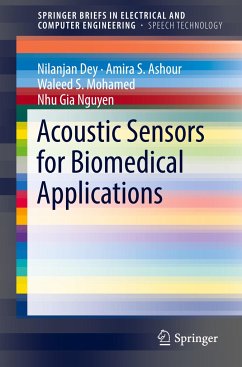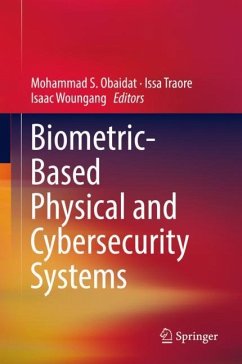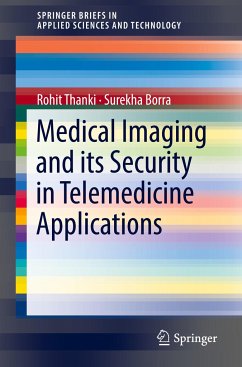Dr. Rohit Thanki is a senior IEEE member and currently working as Data Scientist at Krian Software, Wolfsburg, Germany. Before this, he worked as R & D Head and Artificial Intelligence Scientist at Prognica Labs, Dubai, UAE. Also, he associated with Ennoventure Technologies Private Limited, Bengaluru, India as a software consultant. He received his Ph.D. from C. U. Shah University, Surendranagar, Gujarat, India, in 2017, with outstanding research contributions in biometric security and data encryption. He has more than 8 years of research experience along with 4 years of teaching experience in various engineering institutes such as MBIT (Vallabh Vidyanagar), Atmiya Institute of Technology and Science (Rajkot), Saurashtra University (Rajkot), and Government Polytechnic (Rajkot). His research interests are medical image analysis, artificial intelligence, machine learning, deep learning, digital watermarking, image & video processing, biometrics, content security, compressive sensing, signal processing, and industrial applications. He has written over 15 technical books and published with respected publishers such as Springer and CRC Press. Also, he has more than 50 research publications in various international journals and international conferences that are indexed in Web of Science (WoS) and Scopus. In addition, he has delivered many expert talks on computer vision and artificial intelligence topics. He has been invited as a reviewer in various reputed journals such as IEEE Transactions on Audio, Speech and Natural Language Processing, ACM Transactions on Multimedia Computing, Communications and Applications, IEEE Consumer Electronics Magazine, IEEE Access, IEEE Journal of Biomedical and Health Informatics, Signal Processing: Image Communication, Pattern Recognition, Computers, and Electrical Engineering, Informatics in Medicine, Journal of Ambient Intelligence and Humanized Computing, IET Biometrics, and IET Image Processing. Dr. Sejal Shah is currently serving as the Head & Associate Professor for Department of Bioinformatics, Faculty of engineering and technology, Marwadi University Rajkot. She is also serving as Cancer Geneticist at various multispecialty hospitals at Rajkot, Gujarat. She is visiting faculty at IIIT Diu International campus and Saurashtra University. She has been selected in top 10 women scientists and awarded Indo-US women in STEMM fellowship (2019) by DST, Government of India and IUSSTF jointly to pursue post-doctoral research at USA and she joined Ohio state university for research in pediatric leukemia. She has been selected among 15 women scientists all over India by DST, KIRAN division for cancer research training organized at Mysore University, Mysore in 2018. She has been also awarded "Woman Scientist Fellow" in May 2012, in Women Scientist Scheme-A (DST/ WOS-A) of Department of Science and Technology, New Delhi, Government of India. She has 12 years of research experience in the field of cancer omics, biotechnology, and nanotechnology. During this period, she has been involved in teaching and cancer research. She has eight years of teaching experience as well industrial experience such as RK University, sunpharma Baroda and PERD centre Ahmedabad. She and her team are currently working on oral cancer, cervical cancer and breast cancer. She is associate member of American Association of Cancer Research (AACR) , Life member of European association of cancer research (EACR), scientific decoder at COVID-19 Omics Research Consortium (CORC) and Breast cancer research consortia(BCRC). She has six Indian patents to her credit. She has more than 25 publications, 8 book chapters and eight research projects to her credit from various funding agencies. She is a reviewer in various national/international journals as wells. Dr. Anjali Diwan is a highly experienced academic and software industry professional with over 20 years of expertise. Her areas of academic and research inter
